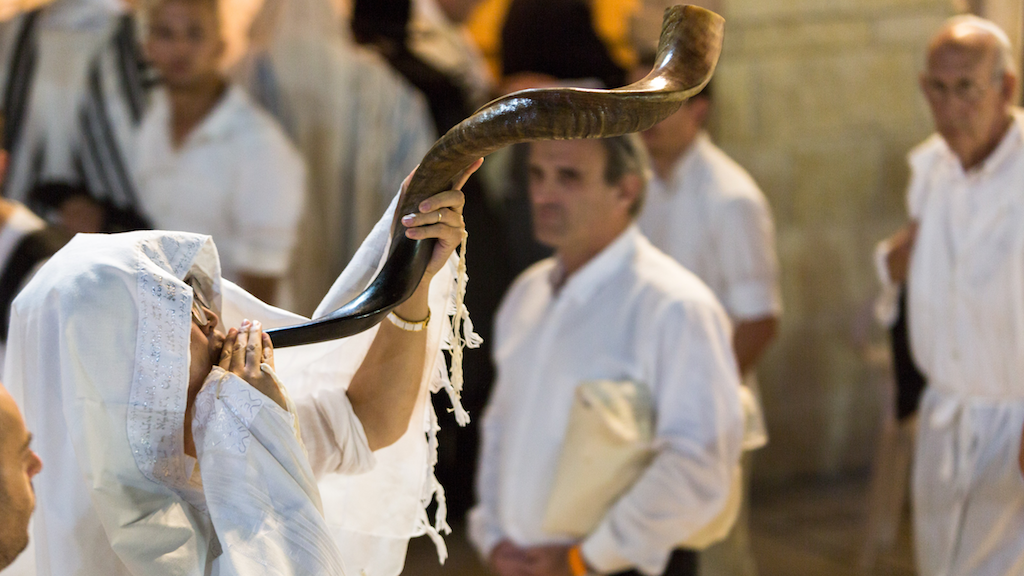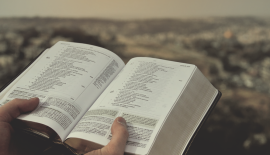Coming to Terms with Your Neighbour, and with God
The tenth of the Hebrew month Tishri (this year on 19 September) is Yom Kippur, the Day of Atonement.
Leviticus chapter 16 gives a detailed description of the rituals the High priest has to perform on that day, including changing his clothes and washing his body several times. Further on, God commands a Sabbath rest on that day: “Do not do any work on that day, because it is the Day of Atonement when atonement is made for you before the Lord your God” (see Leviticus 23:24-32). However, with all the details concerning the rituals, Scripture does not specify for what sort of transgressions or sins atonement is made.
Rabbinic tradition states: ‘Yom Kippur atones for transgressions between a person and God, but for a transgression against one’s neighbour, Yom Kippur cannot atone until he appeases his neighbour.’ Thus Rabbi Eleazar ben Azariah expounds the text, “From all your sins before the Lord shall ye be clean” (Leviticus 16:30): For transgressions between a person and God, Yom Kippur atones, for transgressions against one’s neighbour, Yom Kippur cannot atone, until he appeases his neighbour” (Mishna, Sayings of the Fathers 8:9).
“From all your sins before the Lord shall ye be clean” (Leviticus 16:30)
One of the most famous parts of the Yom Kippur liturgy is Kol Nidrei. It is sung during the opening service on the eve of Yom Kippur. The traditional tune has spoken to many and inspired composers like Max Bruch with beautiful music. In fact, the old Aramaic text is not a prayer, but a declaration before a judicial court, regretting and annulling all the vows and oaths one will take before God until the next Yom Kippur. It refers to vows done to God, often recklessly, like for example the Corban (something that is dedicated to God or the temple) in temple times (compare Mark 7:11). It does not refer to agreements with humans. Moreover, all relations with your fellow man should be made good before you can receive atonement on Yom Kippur. Settling your human relations is required for settling your relation with God.
We find a reference to this principle in Jesus’ words in the Sermon on the Mount: “Therefore, if you are offering your gift at the altar and there remember that your brother or sister has something against you, leave your gift there in front of the altar. First, go and be reconciled to them; then come and offer your gift” (Matthew 5:23-24). You have first be reconciled with your fellow man before you can bring your offering to God.
Repentance and introspection characterise the ten ‘Days of Awe’ from Rosh Hashanah to Yom Kippur.
In fact, we can understand the whole Sermon on the Mount as a teaching preparing for a right experience of the ten ‘Days of Awe’ from Rosh Hashanah to Yom Kippur. Repentance and introspection characterise this period. It is a time of praying, fasting, giving alms to the needy, and thus coming to terms with your neighbour and with God.




